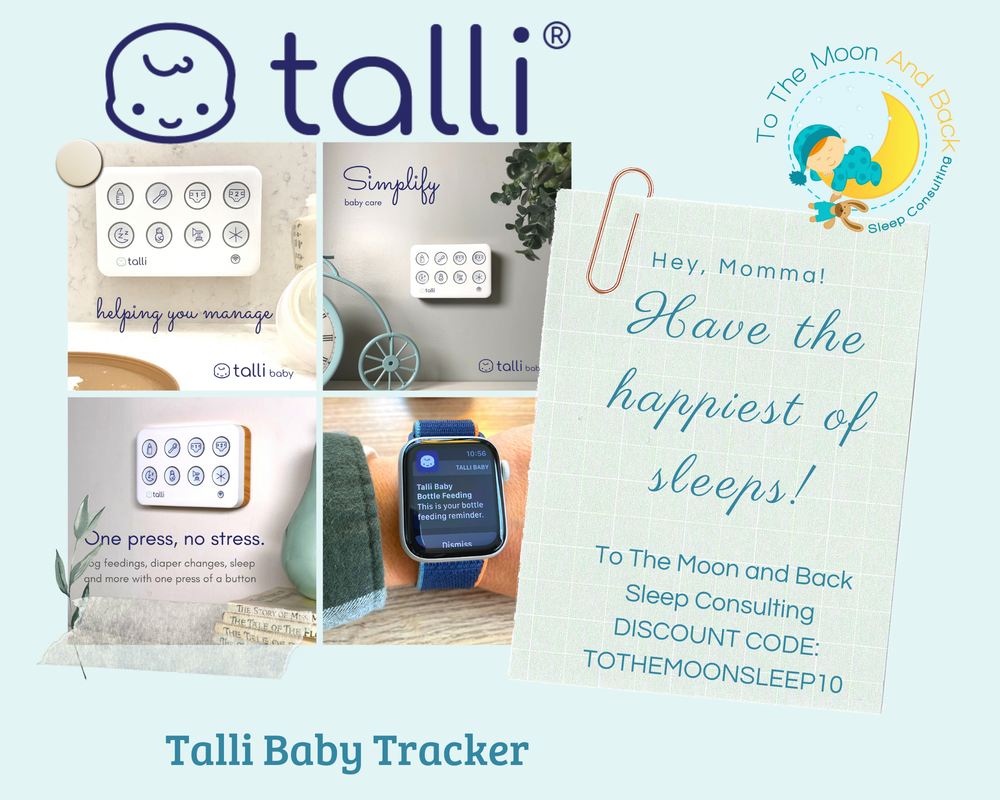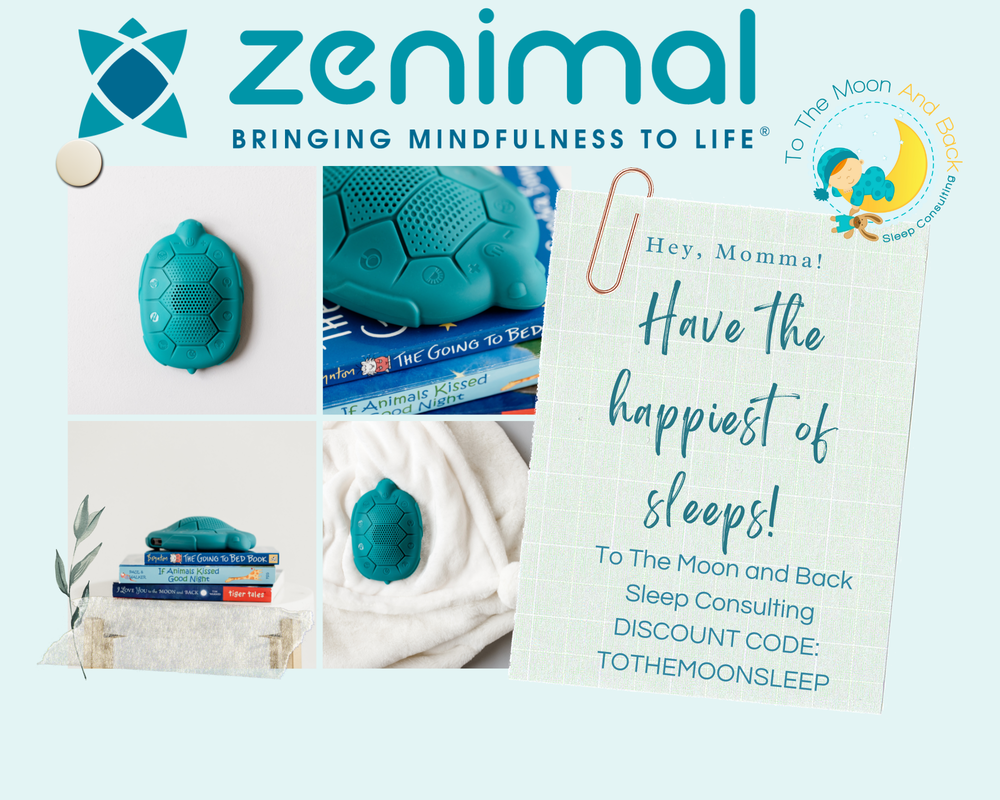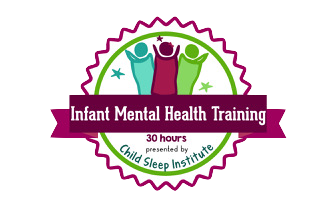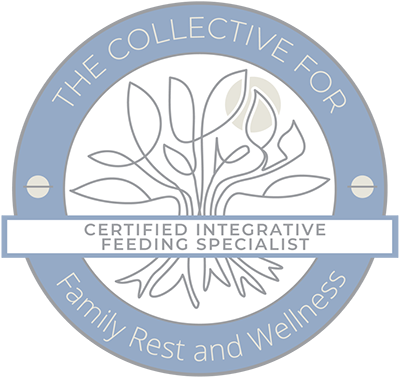|
If you’re reading this, you likely have a little one who’s been falling asleep in an awkward position. You may have heard that it can be an issue and are looking to learn how to deal with it ahead of time. You may also be oddly interested in the most random blog post topics you can find online. Either way, I will do my best to ensure you walk away from this post feeling like you got some serious value out of it. So your baby has learned to stand up! Congratulations on this wonderful milestone! It’s such an exciting time to be a parent, and this is such a massive step into the world of development that’s coming your way very soon. Many babies have issues when they first learn to stand up; they haven’t learned to get back down yet. During the day, this doesn’t present much of an issue. Your little one can spend all day practicing going from standing to seated while you’re next to them and helping them through it. But once nighttime rolls around, this becomes a whole other issue. I know the Catch-22 this puts parents in, believe me. On the one hand, you can’t just leave your baby in a situation where they might fall down and hurt themselves, but on the other, if you keep going in and laying them down, they don’t learn how to do it themselves. Moreover, they’ll quickly learn that standing up and making a fuss is a pretty effective way to get mom or dad back into their room and pay attention to them. So there’s a fine line that we need to walk to help baby figure out how to solve this little situation they find themselves in without creating a bad habit that could sabotage their sleep. If your baby hasn’t started this behaviour yet, let me warn you: It’s frustrating—more so than the average middle-of-the-night wake-up—because the solution is so totally obvious. You’ll likely find yourself saying, “Just lie down, already!” more than a few times before this gets resolved. As with all parenting, patience is essential. Keep in mind that your baby may not know how to go from a standing position to a sitting one on their own yet, and they may not realize that sleep comes a whole lot easier when you lie down. Remind yourself of this when they wake you up for the fifth or sixth time in three hours because they’ve woken up and gotten back on their feet again, fussing because they can’t get back to sleep. The quickest way through the first part of the equation is to develop that standing-to-sitting skill, so during the day, practice going from standing to sitting whenever you can. When a baby pulls herself up to a standing position, try putting their favourite toy or stuffie on the ground nearby. Gently encourage them to go from a standing position back down to ground level to get their reward. Once they’ve mastered that skill, however, that second hurdle may still be an issue. They may not realize that sleep is much easier to achieve when lying down. It seems like it should be instinctive, but many things seem that way when you’ve been doing them all your life. When you’ve only been around for nine or ten months, it might not seem so intuitive, so again, patience, mama! We don’t want to create a situation where baby starts relying on you to do the work for her, so avoid repeatedly laying her down when she stands up in the crib. Do it a few times at first to show her what’s expected, but switch to a more suggestive approach that doesn’t involve contact once that’s established. Pat the mattress and use a key phrase, like, “Lay your head down” or “Come lie down, baby,” before too long, they should start to connect the dots and realize that lying down is the best way to get to sleep. Remember, even though it might appear that your little one is fighting sleep sometimes, that’s rarely the case. They want to sleep, but they lack the skills necessary to get there on their own, so help them figure it out without doing the work for them. They’ll take care of the rest as soon as they develop a little confidence and ability. And one last little tip before I leave you! Hats off to all of the single parents out there and the fantastic work they do, but if you’re raising baby with a partner, talk this out with them and come up with a plan that both of you can agree on and follow through with. One parent responding with one set of expectations while another responding totally differently will confuse the baby even further in a situation where they’ve already got a lot to figure out. You will need to respond in the same way for your expectations to be clear, and you’ll see results much quicker if you’re working from the same playbook. As always, be calm, be patient, and be consistent. The hard work now will pay off a thousand times when your little one sleeps soundly through the night and happily goes down for naps during the day. AuthorErin Neri - Certified Pediatric Sleep Consultant and Owner of To The Moon and Back Sleep Consulting since 2016. The biggest challenge you’ll face when you’re teaching your baby those precious independent sleep skills is the minute you put them in someone else’s hands for the day. Combining sleep training and daycare can be challenging, I won’t lie to you. You’ve powered through some hard nights and refused to give in when your baby tested your willpower. But, now that everything’s finally running smoothly, you need to put your trust in someone else to keep things in order. Personally, when I faced this situation for the first time, I felt like my head and my heart was going to explode. I had spent so many sleepless nights, hours reading sleep stuff that didn’t work, and cried so many tears of frustration, and I was terrified they were going to screw it up. I was going to have to start all over again. All this hard work and determination to get my little one to sleep independently? Entrusted to someone, I don’t even know? Not on your life. But here’s the good news. This is absolutely achievable. Sending your little one to daycare will not sabotage their sleep so long as you take the time to work with your daycare provider. I’ve got some great tips to help you do that in a way that will make this as easy and conflict-free as possible. So... first of all, have you already decided on your daycare provider? If not, then keep reading. If so, you can skip down to the next section. Choosing a Daycare Provider Here are a few sleep-centred things to keep in mind when deciding on a daycare provider. None of these are deal-breakers; they’re just a few things to consider. Ask them what their approach is to naps. Do they put kids down at a specific time? Do they allow individual nap times, or is it all kids together for a specified duration? Ask to see where they’ll be sleeping. Is it a fully-lit room with several other kids or a semi-private space where they can keep things dark? Can you bring your own white noise machine? It can be super helpful to provide the same white noise machine that baby’s accustomed to at home. My favourite white noise machines are made by YogaSleep. They are made using sleep science and have been around for a long time. They have a smaller travel version that may be perfect to send to daycare with your baby. Can you bring one of your child's sleep sacks from home? Having that familiar smell of her sleeping environment and that cozy feeling from her own bed can bring a lot of comfort your baby when it comes to nap time at daycare. My favourite Sleep Sacks are made by Woolino. They are made from a special wool that allows your baby or toddler to use the same sleep sack all-year-round. They come in various patterns and sizes that will grow with your baby. Use the LINK and the code TOTHEMOONANDBACK10 to get a discount off your purchase. Is your daycare team capable of accommodating specific requests regarding baby’s naps? i.e. Will they allow your baby to cry for a few minutes, will they hold off on offering sleep props if you ask them to? Communicating with baby’s caregiver So, once you’ve decided on a daycare provider, or if you already have your little one in a place you’re happy with, what can we do to ensure everybody’s pulling in the same direction on this sleep issue? Let them know how long you’re comfortable with baby fussing. Most care providers will default to a no-crying approach unless instructed otherwise. Ask them to avoid sleep props. Be specific about what you consider a sleep prop. For example, ask that they refrain from using pacifiers, rocking to sleep, feeding to sleep, or whatever you’ve established as methods to get baby sleeping that you think they might become dependent on. Be respectful of their limitations. Daycare providers look after a lot of kids at once and are often required to follow some overarching safety rules, so don’t be surprised if they can’t accommodate every request you throw their way. Keeping an eye on several little ones at the same time usually means no white noise machines and no dark rooms. However, it doesn't hurt to ask for these things to be implemented as there are benefits for all the children involved. Above all, maintain open communication. Let your daycare provider know you’ve been working on your baby’s sleep issues and where you’re at with the process. Remember that they want your little one to sleep well almost as much as you do. A well-rested baby who goes down for naps without much fuss is a daycare provider’s dream come true. A few random tips Regardless of the particulars of your baby’s situation with their sleep in their home away from home, here are a few tips that are likely to come in handy... If you haven’t started sleep training yet, start on a Friday night or whatever day is farthest away from their next day of daycare. The first couple of nights are usually a bit of a roller coaster, and baby’s likely to be a little out of sorts for the first 48 hours. It’s best to get at least three or four nights in before going to daycare. However, if there’s a care provider who can help you out for a day or two, consider asking them to sit in for the Monday and Tuesday, so baby’s had a good amount of time to get accustomed to their new sleeping arrangement. Don’t “ease baby in” to their new situation. Once you’re ready to start sending baby to daycare, start off with the same schedule you want to end up at. If they’ll be going every weekday, send them every weekday right off the jump. Please don’t send them for a day the first week, two days the next, and so on. They’ll adjust quicker and easier if you get them used to their new schedule right away. Babies are usually capable of distinguishing between different environments. Habits they learn at daycare won’t necessarily transfer over to sleep in the home, so if your daycare provider allows them a pacifier or rocks to sleep, don’t worry too much about it. Baby should still be able to understand that it’s not the same when they’re at home. However, it can make the whole process a whole lot easier on everyone if things are as consistent as possible between all of your baby's sleep situations. There is less likely to be any confusion if the expectations are the same both at home and at daycare. Different schedules at home and daycare are OK. In the same vein as the last point, it’s not the end of the world if their nap schedule at daycare doesn’t sync up with the one they have at home. But, again, it’s a definite bonus if you can make it work, but it’s not essential. You will want to follow your baby's awake windows as closely as possible as much as possible while they are at home. Nap times may vary a little between home and daycare but you should aim to maintain your bedtime schedule as close to the same awake windows every night as you can. Keeping that last awake window before bedtime the same each night is going to help to make sure baby isn't overtired for bedtime. If baby starts falling asleep on the ride home, try to keep them awake. Putting them to bed early is better than offering a catnap after 4:00 PM. If baby does fall asleep, wake them up when you get home and let them get some more awake time before bed. All in all, there’s no reason why daycare and sleep training can’t work together. Just keep in mind that your daycare providers are your allies in this mission. They have a vested interest in your little one being as happy and well-rested as possible, and they obviously want to keep baby’s parents happy too. Maintain open lines of dialog, be respectful and patient, and accept that they can’t always tailor things to each child as much as they would like. Keep up your bedtime routine, stick to your schedule as closely as possible, keep baby away from those sleep props, and things will fall into place, I assure you. Happy Sleeping, Erin AuthorErin Neri - Certified Pediatric Sleep Consultant and Owner of To The Moon and Back Sleep Consulting since 2016. Let’s be real here. When we get right down to the heart of the matter, this is the question you really need an answer to, am I right? Your baby is regularly waking up sometime during the night, and when they do, they start to fuss, they need you to soothe them back to sleep somehow, and the disruptions to everyone’s sleep are leaving the entire family exhausted, baby included. Now, I’m not going to tell you there’s a simple “one-size-fits-all” solution to this problem because, after all, I’d have to find a new line of work if there were. But I am going to tell you that there’s almost always a single cause for a baby or toddler not being able to sleep through the night, and it’s the same reason in about 90% of the cases I deal with. Before we get to that, though, let’s rule a couple of things out.
And that, I’m happy to tell you, pretty much sums it up. If your baby’s comfortable and fed, there’s really only one major reason why they can’t sleep through the night. Are you ready for it? It’s because they don’t know how. Now I know we’ve all heard the sound bites and talking points on social media. “Babies will sleep when they’re ready!” “Sleep is developmental!” “Just ride it out. It won’t last forever.” and so on. I have to admit to a little low-key rage whenever I read comments like that because… a) It doesn’t help and b) It tells people to avoid fixing an issue that absolutely can and should be fixed! If someone asked how to get a sliver out of their little one’s foot, would anyone respond with, “Just be patient. It’ll work its way out eventually. Hang in there mama! You’re doing great!” I certainly hope not, although given some of the comments I’ve seen on social media, I wouldn’t say it’s out of the realm of possibility. (OK, that’s the end of my rant. Back to the good stuff!) So what do I mean when I say that babies wake up because they don’t know how to sleep through the night? All of us, babies and adults alike, sleep in cycles. When we get to the end of a cycle, we’re no longer in a “deep” sleep. We’re hovering right around the point of waking up, and a lot of the time, we do wake up. Us adults have so much experience falling asleep, we can usually just look at the clock, realize we’ve still got a few more delicious hours before our alarm goes off, and we close our eyes, maybe roll over onto our other side, and go right back to sleep. Babies haven’t had nearly as much practice, and very often, I mean VERY often, they get a bunch of help when it’s time for a snooze. They get bounced, shushed, cuddled, rocked, serenaded, taken for car rides, rolled around in their stroller, or fed to sleep. So when they wake up after a sleep cycle, which again, is going to happen regularly for their entire lives, they can’t get back to sleep again without that extra help, so mom or dad needs to get up and repeat whatever process baby’s accustomed to. That’s the issue, and like I say, it’s the issue with about 90% of the babies I work with. How do you address that issue? Well, that’s where things get tricky because the solution varies tremendously depending on the baby and their parent’s compatibility with various approaches to resolving the problem, but the cause is almost always a dependency on some form of sleep assistance from a caregiver. So when you hear someone saying that babies don’t sleep through the night, or that it’s natural for them to wake up several times, that’s absolutely correct. When they tell you that all you can do is wait it out, that’s absurd. You can absolutely teach your little one the skills they need to sleep through the night, and I’d be delighted to show you how. AuthorErin Neri - Pediatric Sleep Consultant and Owner of To The Moon and Back Sleep Consulting since 2016. As a mother myself, and a sleep consultant, I've come to the inescapable conclusion that babies, as a rule, are complicated creatures. Matthew McConaughey’s quote on newborns always gives me a chuckle, "They eat, they crap, they sleep, and if they're crying, they need to do one of the three, and they're having trouble doing it. Real simple." In a way, he's right. A baby's vital needs essentially break down into sleeping, eating, and pooping. Their only real form of communicating any issue is through crying. Identifying the fact that there is a problem with our babies is far easier than solving the problem, and as parents, isn't that all we want?
|
To The Moon and Back Sleep ConsultingProviding families the tools & support they need to get their little ones sleeping through the night and napping like champs! Everyone has more fun when they are well rested! Visit Wollino - Discount Code: TOTHEMOONANDBACK10
Browse
All
|
All information provided on this website, including texts, images, and other materials, are for informational purposes only and should not be considered a replacement for assessment or treatment by a healthcare provider.
© COPYRIGHT 2016-2024 TO THE MOON AND BACK SLEEP CONSULTING. ALL RIGHTS RESERVED. WAKING GIRL WEB DESIGN
© COPYRIGHT 2016-2024 TO THE MOON AND BACK SLEEP CONSULTING. ALL RIGHTS RESERVED. WAKING GIRL WEB DESIGN


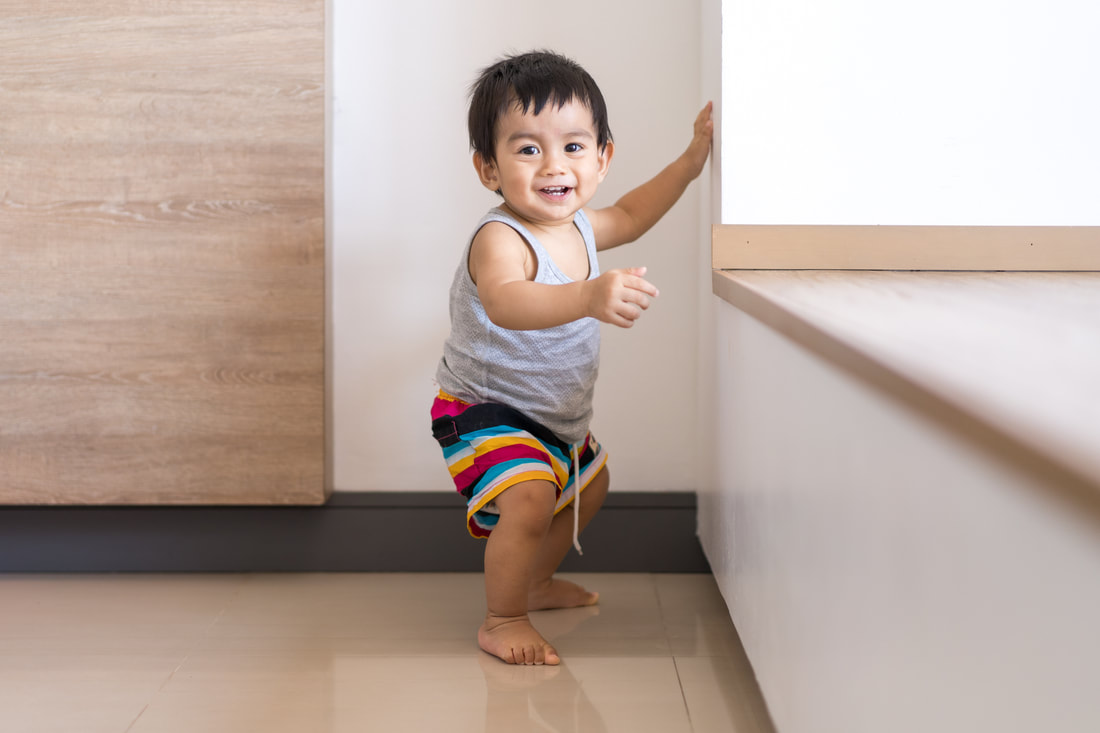

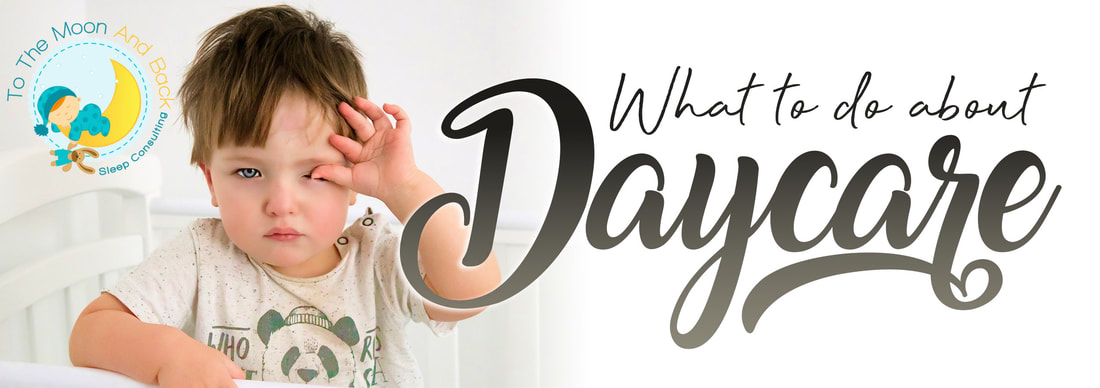


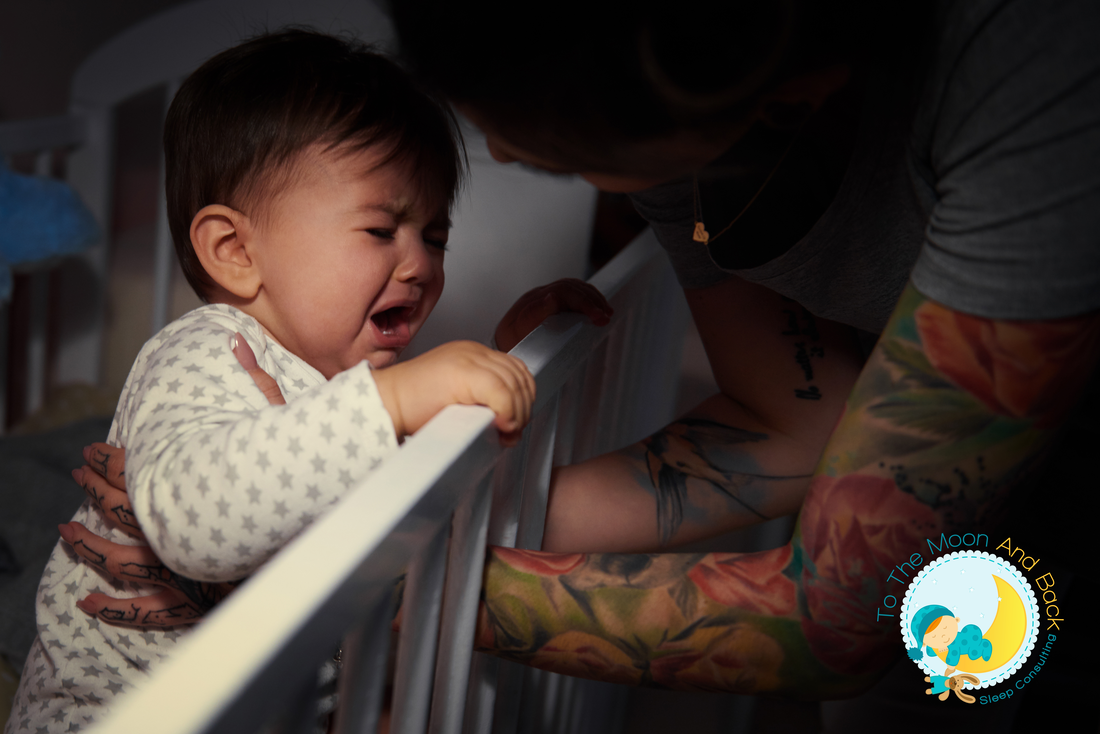

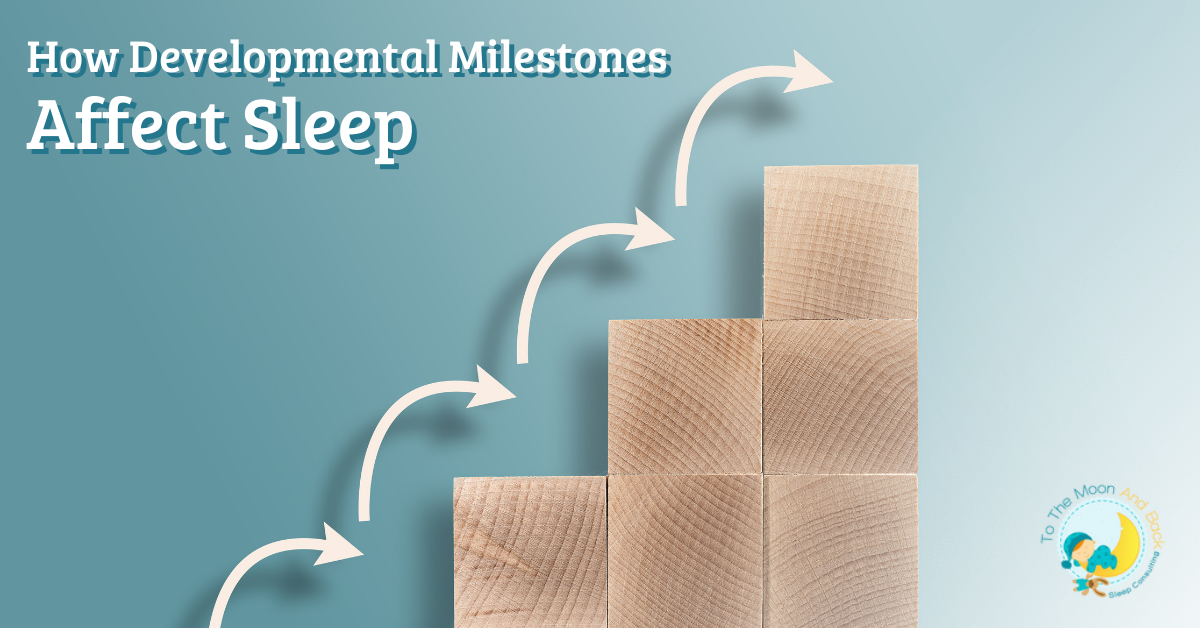
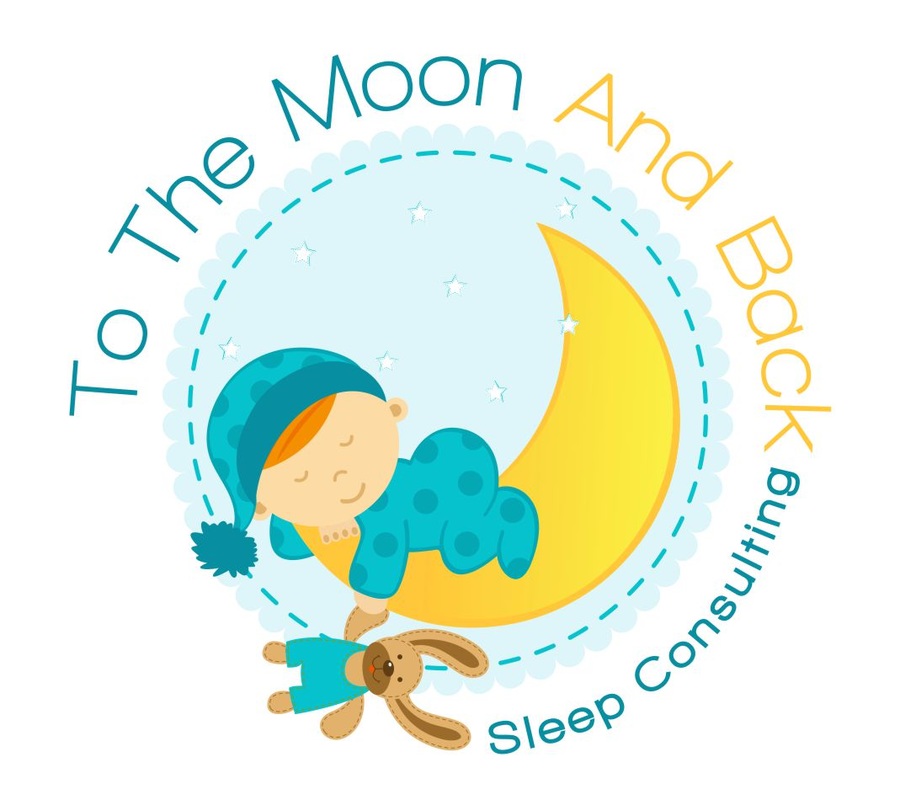
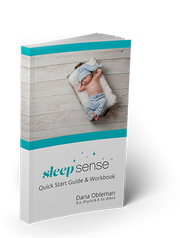
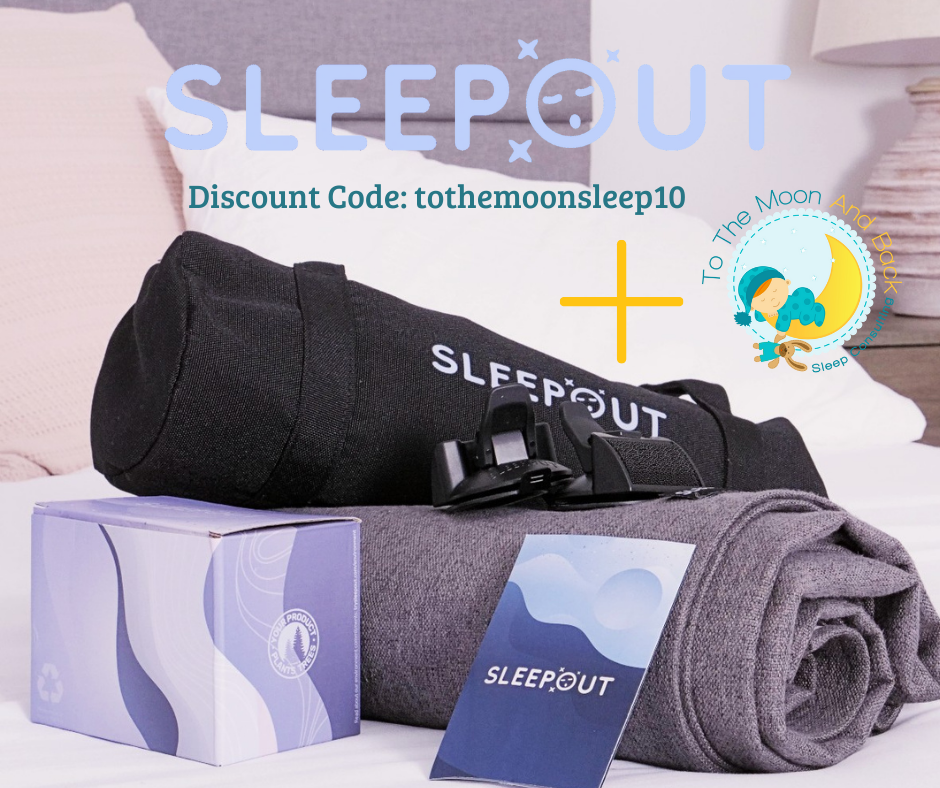


 RSS Feed
RSS Feed

